Comparing ARM vs. Fixed Rate Mortgage

In a climate when people are moving more than not and small, mobile houses have become en vogue, 75 percent of Americans still prioritize buying a home.
Americans typically still believe in settling down, establishing roots, and investing in a home.
When you purchase a home, among the multiple other decisions (like how much cash you should stow away for a down payment), you will need to determine what type of mortgage you qualify for and would like. You'll be introduced to two words: arm and fixed.
In the world of arm vs fixed rate mortgages, which is better?
What is an ARM?
Arm or ARM is an acronym that stands for adjustable rate mortgage.
With an ARM, you have a home loan where the rates may vary from month to month or year to year. The rates will change as the interest rates in the market place change.
So your principal will stay the same but the interest rate will vary.
The lender will not cause the payment to fluctuate just based on your bank president's need for a new fishing boat. Rather, the interest rate is tied to the LIBOR prime rate, cost of funds index, or other indexes.
So just as interest rates change for those applying for loans, your interest rate can change as you're paying your loan off.
ARM Pros
At first glance, you may wonder, "how is this a good thing?" How do you know how much to plan to pay for if your rate may change?
You may have nightmares of having a payment double your original payment and finding yourselves out on the street, searching for a new place to live.
Arms have their upsides. In the same way, your interest rate can go up, it may go down. Then you may end up with a lower monthly payment because of the lower index or lower interest rate.
Who doesn't want to have a lower payment for anything?
Essentially, when interest rates go down, the bank rewards you. You're taking a risk by betting that interest rates won't skyrocket. You get a lower rate as a reward.
In addition to a lower payment, you receive the added benefit of a better home. Lenders consider lower payments initially, which thus allow you, the borrower, to purchase a more expensive home.
With a traditional mortgage, you would have to refinance to take advantage of lower interest rates. With an ARM, you do not have to go through the paperwork or fees to receive a lower interest rate.
An arm allows borrowers to save and invest what they're not paying on their mortgage. You can take that extra money which would normally go toward paying your mortgage and store it away for a rainy day when you may need it.
Arms work well for those who know they're not going to be in one place for a long time. They do not run as much of a risk of a skyrocketing interest rate because they plan on selling their homes in a couple of years.
ARM Cons
Arms aren’t all shiny and wonderful though, there are some disadvantages.
When you use an arm, you're running the risk that the interest rate will go up. You have no idea what the economy will absolutely do.
As interest rates go up, so will your mortgage payment.
In fact, as you may fear, it could increase dramatically.
So just because when you purchase your home you have an affordable payment, you do not necessarily have an affordable payment during the tenure of your home ownership.
If your payment gets too high and you cannot pay it, you will default on your loan and lose your house.
But these are all worst-case scenarios, and lenders will help you figure out the chances of this actually occurring.
On a less dramatic scale, an arm can be a bit of a shock to your budget if you have a period of time where interest rates are high. You may still be able to afford your payment, but you'll have to figure out what to cut in other areas.
Additionally, arms are just complicated. They can be difficult to understand because of their fluctuating nature.
Controlling Your ARM
You do have some control over the arm to a degree. When you apply for your loan, your lender will give you a few choices on the arm.
You can have caps. When an interest rate is applied to the loan, you can put a cap on the dollar amount of the monthly payment. You can also put a cap on when the rate can adjust.
Commonly lenders will recommend a cap on the first five years of the loan.
You also have some choices on the duration of the adjustment. For example, a 10/1 ARM mortgage is when the rate is fixed for 10 years and then adjust every year up to a particular cap.
A 7/1 ARM Mortgage occurs when a rate is fixed for 7 years and then adjusts every year.
Caps can provide some peace of mind but can also cause some problems. Here's one scenario.
Let's say your ARM has a limit on how high the monthly payment goes regardless of interest rates.
And then you end up not paying off all the interest you owe in a month because the payment has gotten so high.
When you do not pay off all the interest, you end up with "negative amortization." This is bank-speak meaning your loan balance actually goes up in a month, even though you're paying money to the bank.
Solutions for ARM Problems
You do not have to be a victim of the arm without receiving the advantages of the arm. No lender wants to take away your home. Everyone loses in that scenario.
Talk to your lender when considering applying for an arm. Ask for the potential worst-case scenarios. What could leave you with less money in the bank and no home?
What is a Fixed-Rate Mortgage
Fixed-rate mortgages or traditional loans are just basic loans where you have the same interest rate for the life of the loan.
Your mortgage payments can still fluctuate a bit because of property taxes or homeowners insurance, but you will not see any wild swings as you'd see with an arm.
Fixed Rate Pros
Fixed rate mortgages are predictable, stable, less stressful, and easier to budget.
You can figure out what your mortgage payment is and still have enough money left to eat dinner every night. You can rest easy at night knowing you can pay your bills.
And you do not have to make complicated decisions on if you want a 10/1 or 7/1 or 5/1 arm.
Fixed Rate Cons
So what's the negative side then?
With a fixed-rate mortgage, the bank will not reward you for taking a risk because essentially, you're not taking a big risk.
If interest rates drop drastically a year after you secure your loan, you will not receive the benefit. You would have to refinance to take advantage of lower rates.
Additionally, your interest rate will usually be a little higher from the start compared to an arm.
This also means, compared to those seeking an arm, you will have a more limited housing choice. You won't be able to purchase the mansion on the corner.
At the end of your loan duration, you actually may pay more in interest than those with an arm because you're betting that interest rates will go up. If they go down, you end up paying more than if you had bet on an arm.
Fixed rate mortgages cannot be customized like the arm. You do not have choices. You just have your loan and an interest rate.
Refinancing
What does the refinancing cost? It can seemingly cost nothing with a no-cost refinance, but the lender usually makes money in one way or another even when it looks like you're not paying anything.
As you consider refinancing, consider all of the fees and final costs. You may end up paying more than you're saving.
Arm vs Fixed Rate Mortgage: Which is Better?
As you can see, arms and fixed rate mortgages each have their upsides and downsides. You can determine which loan is best for you by considering a few important questions.
1. How long will you live here?
If you play on staying in one place for the duration of the loan, if you plan on putting down roots, then consider a fixed rate mortgage.
If you will be in this home for only a few years, say five or fewer, then consider an arm. You will have to ride out the interest rate for only a few years if it does go up, and if it goes down, you'll have more money in your pocket for your next home.
2. When and how often does the ARM adjust?
Can you afford the adjustment in the time frame of the loan? If you have just a year to prepare for an adjustment, can you afford the rate that may be coming?
3. What's the climate of the interest rate?
Ask an expert about this one. Your lender may be able to give you insight, but you could also look around and ask multiple lenders their opinions on the climate of the interest rate. Do they predict it will go up or down?
4. Can you afford to pay more if interest rates go up?
If your initial payment for the arm has you eating from the dollar menu for dinner on a regular basis, then you'll need to reconsider the loan you're getting. You can most likely afford a basic mortgage on a modest house.
Adjust your expectations on the type of house you need and seek a mortgage payment that allows you to stay in that home for the long term.
The Real Winner in ARM vs Fixed
In the end, you, the homeowner, should win when considering if you'll get an adjustable rate mortgage versus a fixed rate home loan. Consider the factors before you decide.
Need help making the decision? Contact us for all your mortgage needs. We can help you determine the best lender out there and get an incredible money saving rate that you won't forget.
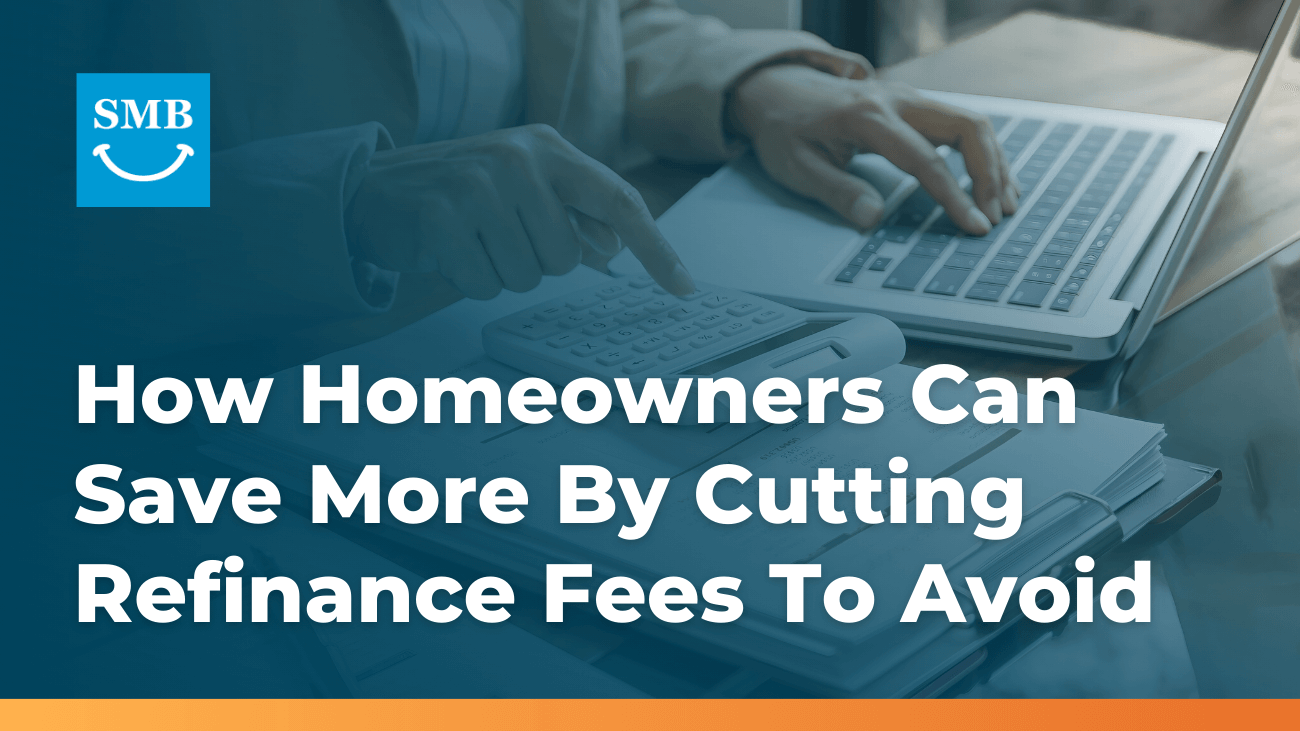
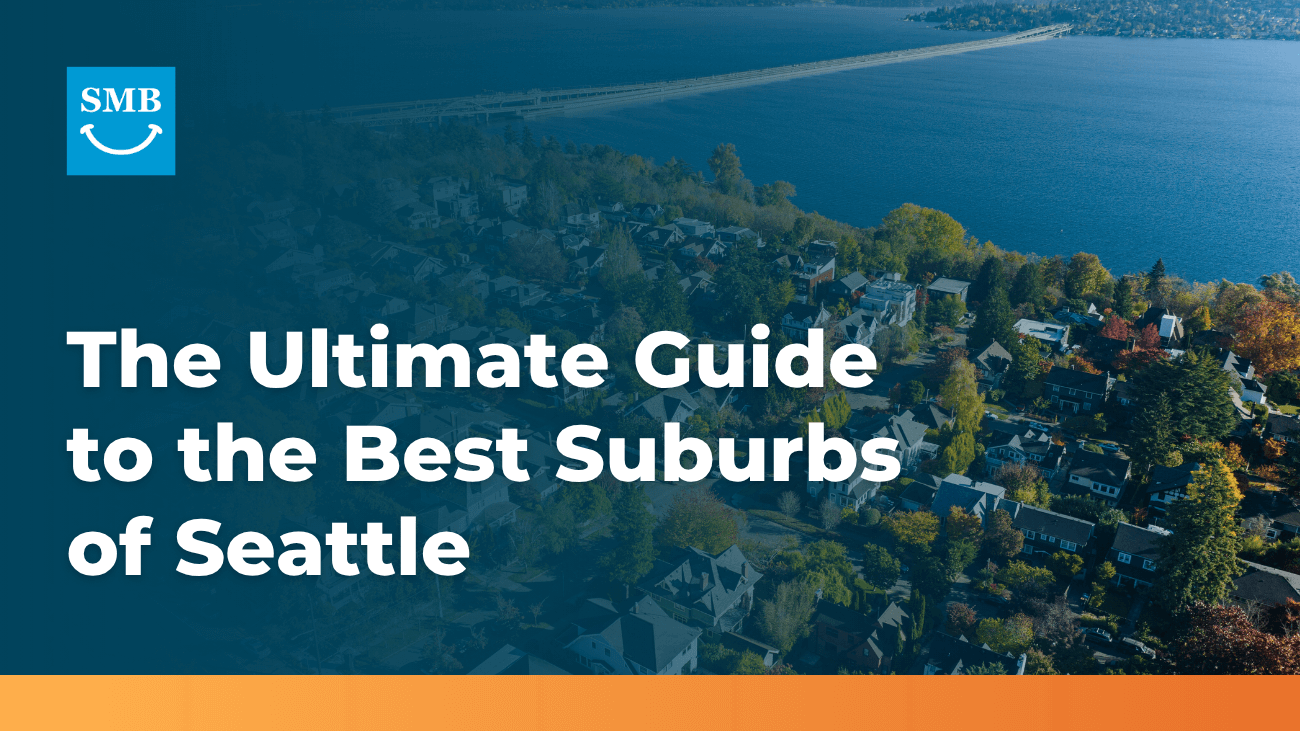
The Ultimate Guide to the Best Suburbs of Seattle
Should You Use a Mortgage Broker? Everything You Need to Know First
How to Find the Right Neighborhoods in Seattle for Your Budget and Lifestyle

Warrantable vs. Non-Warrantable Condos: What Every Buyer Needs to Know Before Financing

How Much Does It Cost to Refinance a Mortgage in Seattle? A Homeowner’s Guide
.png)
How Often Can You Refinance Your Home?
.png)
The Complete Guide to For Sale By Owner (FSBO) in Seattle

10 Questions Every Seattle First-Time Home Buyer Asks

Ultimate Seattle Mortgage Loan Documents Checklist
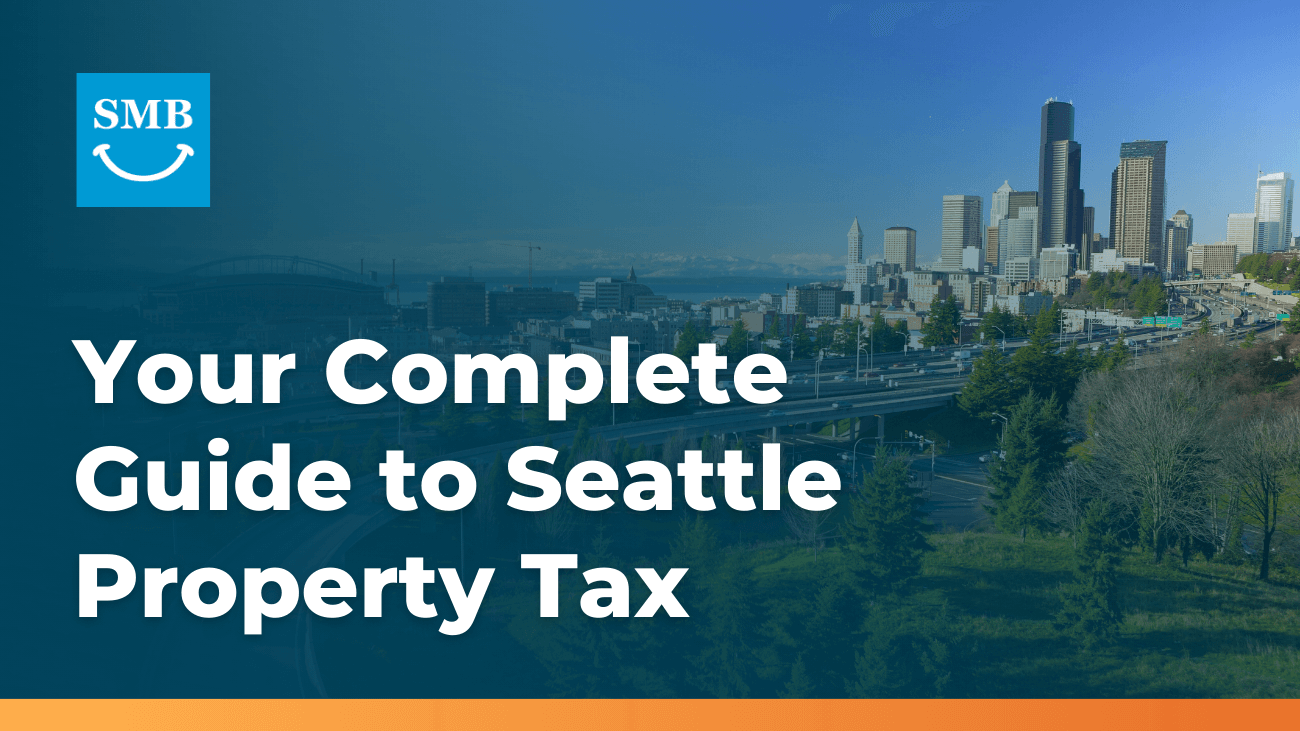
Your Complete Guide to Seattle Property Tax

Why You Should Work with a Mortgage Broker

Where to Find the Best Local Mortgage Broker

Where Are The Best Places To Live In Seattle?

What’s the Best Way to Save Money for a House in Seattle?

When is the Best Time to Refinance a Home?

What is the Jumbo Loan Limit in Seattle 2020?

What You Need to Buy a House in Seattle

What Is a Jumbo Loan and will you need one when moving to Seattle?

What is the Jumbo Loan Limit in Seattle?

What Is A Non-Warrantable Condo?

What is the Best Down Payment Amount on a House in Seattle?

What is PMI Mortgage Insurance? And Why It Is Not As Bad As You Think

What Is A Cash-Out Refinance?

What do Home Loan Underwriters Look For?

What Down Payment Do I Need for a House?

What Are The Costs of Buying a Home?

What Are The Best Neighborhoods In Seattle For Families?

FAQ: What Are the VA Home Loan Requirements?

WEST SEATTLE JUNCTION ; Seattle Neighborhood Tour

What are RSUs and How to Spend Them

Understanding Mortgage Down Payments

Top 5 Seattle Suburbs to Buy In 2021

Understanding Down Payments in Seattle

The Ultimate Mortgage Document Checklist
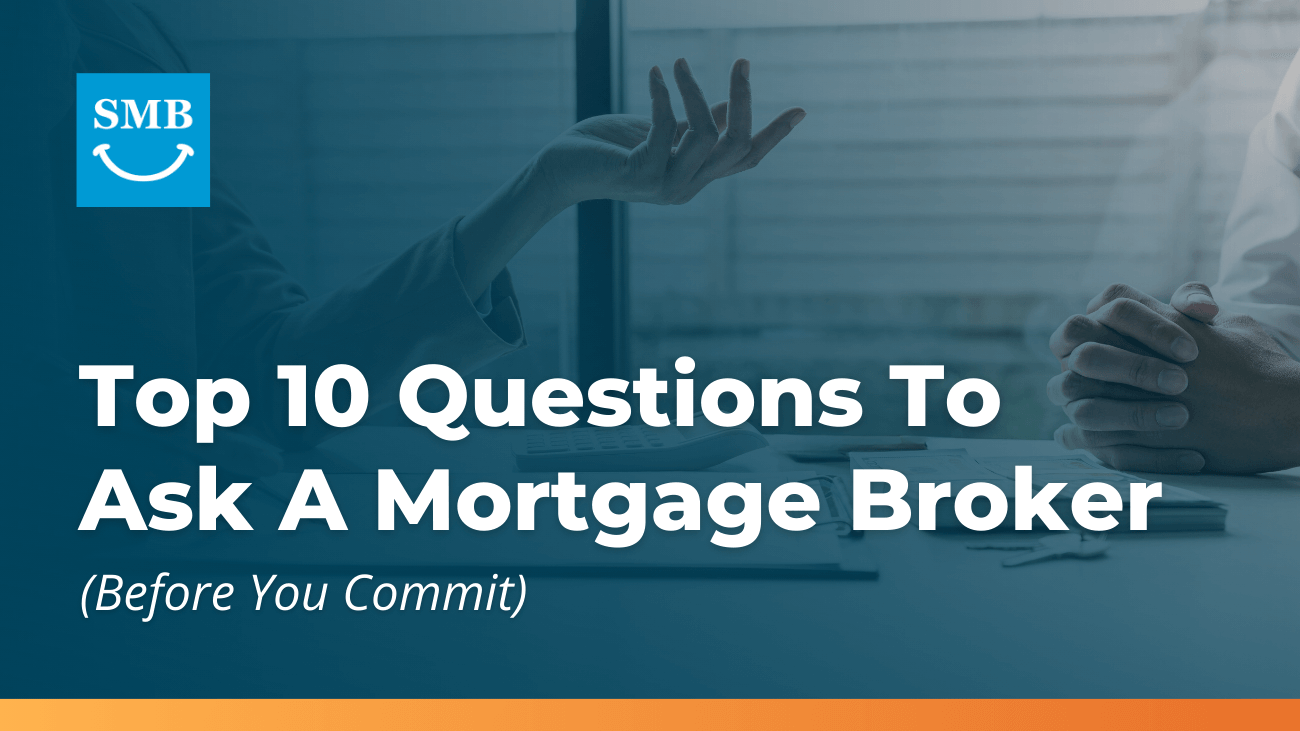
Top 10 Questions To Ask A Mortgage Broker (Before You Commit)

The Worst First-Time Homebuyer Mistakes

The Top 5 Seattle Suburbs for 2020

The Best Seattle Neighborhoods in 2020

How to Find the Best Mortgage Refinance Companies in Seattle

The Best Seattle Neighborhoods for Families

The Best Neighborhoods in Seattle to Buy a Home

The 7 Best Seattle Suburbs for Families

Seattle Neighborhood Guide: The Top 10 Most Affordable Places To Live In Seattle

SOUTH LAKE UNION ; Seattle Neighborhood Tour

Seattle Summer Housing Market Guide 2020

Seattle Housing Market Update 2020

Seattle Housing Market Hacks

Save Money When Buying a House in Seattle

Save Money on Your Mortgage Refinance

Moving to Seattle with a Family? Here's the BEST Suburbs For You!

Refinancing To Reduce Your Bills and Increase Available Cash

Neighborhoods in Seattle to Buy a Home 2020

Real Estate Trends in Seattle

Mortgage Down Payments in Seattle

MAGNOLIA ; Seattle Neighborhood Tour

Mistakes to Avoid with Cash-Out Refinance

How to Refinance Your Home in 9 Steps

Jumbo Loan Limit vs Conforming Loan Limit in Seattle for 2021

KIRKLAND ; Seattle Neighborhood Tour

Jumbo Loan Limit in Seattle for 2021

ISSAQUAH ; Seattle Neighborhood Tour

Is My Credit Score Good Enough to Buy a House?

How to Buy a House; Home Buying 101

How to Lower Your Monthly Mortgage Payment

How to Get the Best Rate for Your Home Loan

How to Buy a House for Less

How Much Home Can I Buy in Seattle?

How Much Do You Really Need for a Down Payment in Seattle?

How Much Home Can I Afford?

Home Price Forecast for Seattle 2020

How Hot is the Seattle Real Estate Market?

How Hot is the Seattle Real Estate Market in 2022?

Home Inspection Questions You Need to Ask

Do You Need a Realtor to Buy a House in Seattle?

FHA vs. Conventional Loan: Which Mortgage Is Right for You?

Find the Best Mortgage Lender for Your Home Loan

Federal Housing Administration Loans 2021

Down Payment Requirements in Seattle

FACTORIA and SOMERSET ; Bellevue Neighborhood Tour

Everything you Need to Know About Seattle Jumbo Mortgages

Everything You Need to Know About VA Loans

Advice To A First Time Home Buyer: Down Payment Assistance Programs Exist for Millennials

CROSSROADS ; Bellevue Neighborhood Tour

Down Payment 101: How Much Money Do I Need to Buy a House?

COVID-19 Mortgage Help for Homeowners

Comparing ARM vs. Fixed Rate Mortgage

Can I Afford To Buy A Home In Seattle?

Choosing the Best Lenders for Home Loans
How to Use Restricted Stock Units to Buy a Home in Seattle

ARM v. Fixed Mortgage: Which is Right For You?

Ballard or Queen Anne? The Best Neighborhoods of Seattle to Buy a House

Avoiding the Worst Seattle Mortgage Lenders

Are You Buying a House in Seattle? Here’s the Ultimate Survival Guide
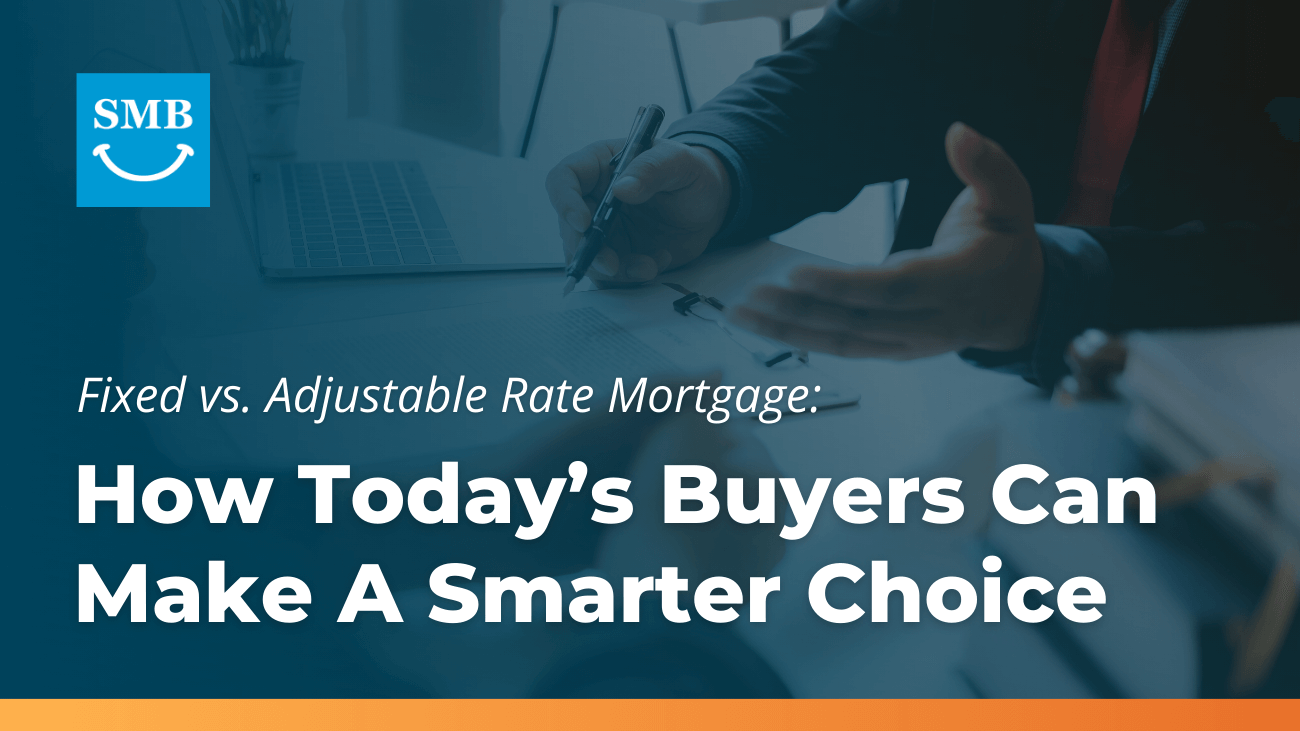
Fixed vs. Adjustable Rate Mortgage: How Today’s Buyers Can Make A Smarter Choice

ALKI BEACH ;; A Seattle Neighborhood Tour

A Complete Guide to Refinancing Your Home Loan

8 Ways to Lower Your Mortgage Payment

8 Mistakes to AVOID When Mortgage Loan Refinancing


















